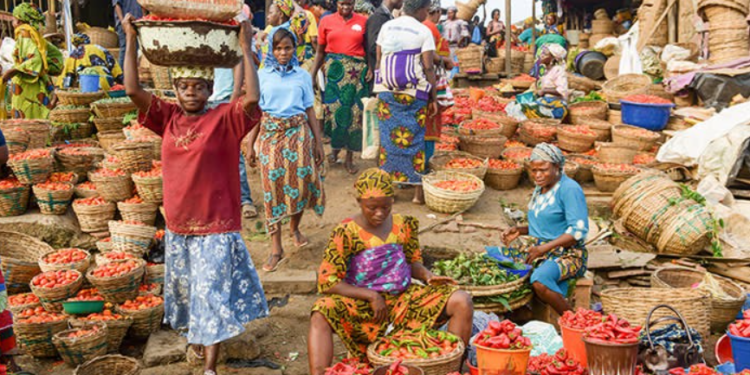
Categories
- Agriculture
- Appointment & Labour
- Business
- Business & Brand
- Communication & Tech
- Crime
- Education
- Energy
- Entertainment
- Features & Interviews
- Finance & Economy
- Health
- Insurance & Pension
- Judiciary
- Metro
- News
- Newsbeat
- Opinion
- Politics
- Real-Estate
- Religion
- Science
- Special Focus
- Sports
- Stories
- Tech
- Transport & Aviation
- Uncategorized
- World






